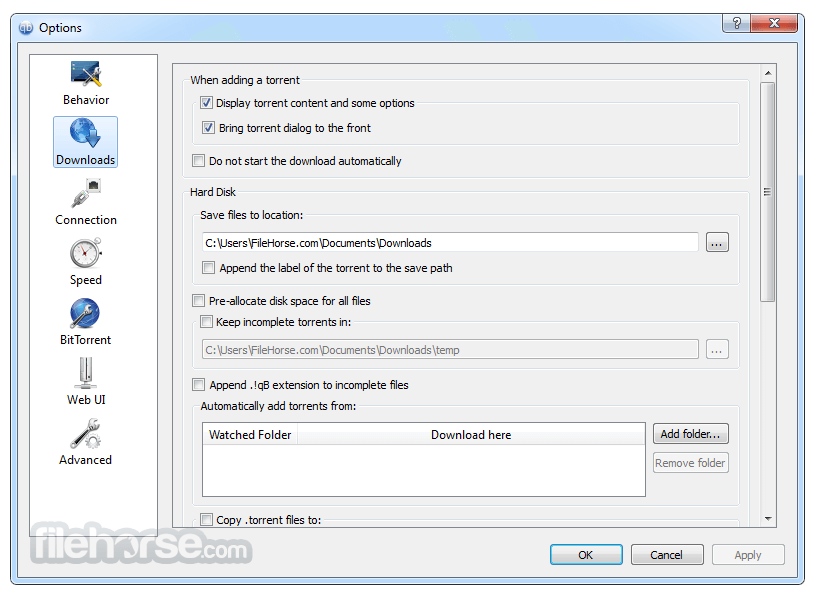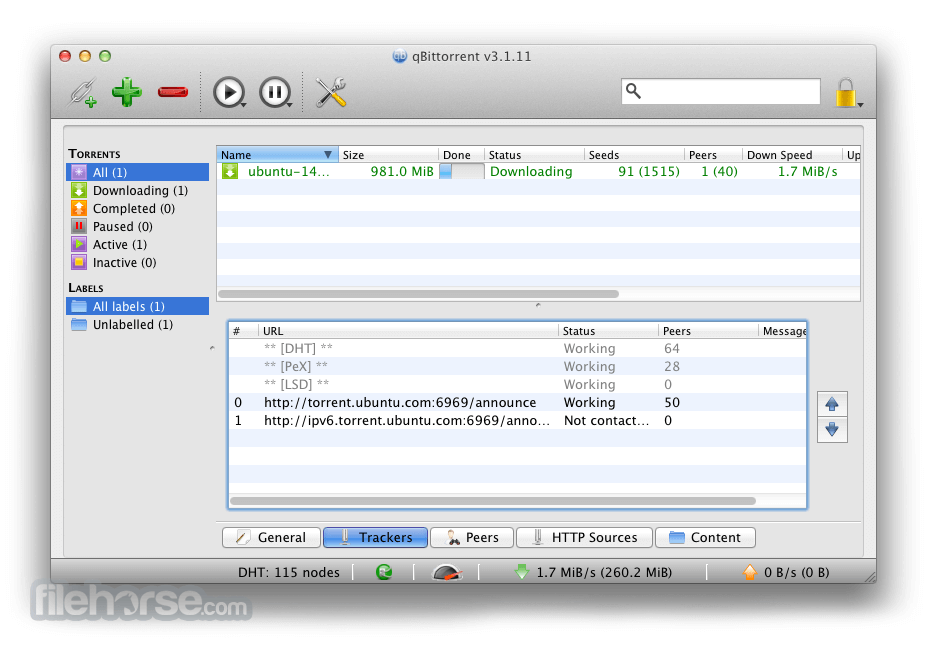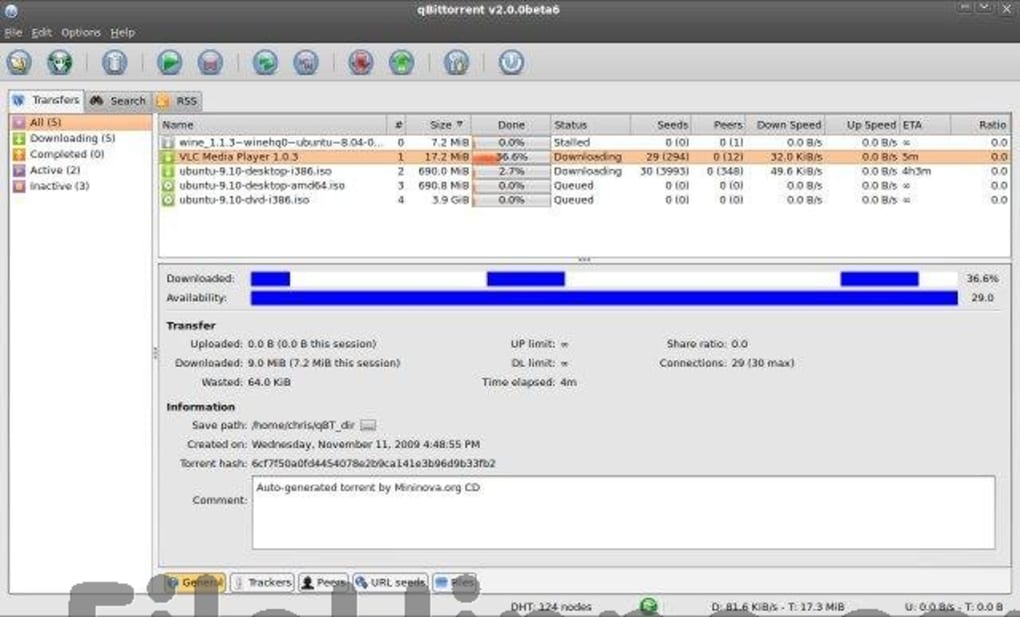
RSS: Prevent RSS folder from being moved into itself (glassez) WEBUI: Reject requests that contain backslash in path (glassez) WEBUI: Allow to set read-only directory as torrent location (glassez) WEBUI: Allow only TLS 1.2+ in the server (sledgehammer999) WEBUI: Blacklist bad ciphers for TLS in the server (sledgehammer999) WEBUI: Migrate away from unsafe function (Chocobo1) BUGFIX: Be more likely to allow the system to use power saving modes (glassez) BUGFIX: Update the cached torrent state once recheck is started (glassez) BUGFIX: Don't unexpectedly activate queued torrents when prefetching metadata for added magnets (glassez) It seems to affect only v4.5.0 and v4.5.1.

This affects users that have enabled the WebUI/WebAPI. The bug allowed for any file on the user's filesystem to be served without any authentication. No VPN that keeps activity logs can be trusted with your data.V4.5.2 contains a security bugfix in the web server. VPNs are regularly the target of government data requests, and the best way to keep your privacy intact is to keep no logs that can be handed over. Are they a zero-log provider? VPN services that keep logs of your online data aren't safe to use.This can include forcing you to sign up for email lists, advertising their service on social media, or even asking for a payment method despite being "free."


What do you have to do in order to access the VPN service? A lot of free VPNs will require you to jump through hoops for extra data.

Many VPN providers make their money on this sort of scheme, which in many ways neutralizes the purpose of using a VPN, free or otherwise. Does the virtual private network support itself with ads? VPN providers that serve you ads while you're browsing the Internet could be putting your security at risk by selling your data directly to advertisers.When it comes to trusting a VPN with your data, you need to look for the following things.


 0 kommentar(er)
0 kommentar(er)
